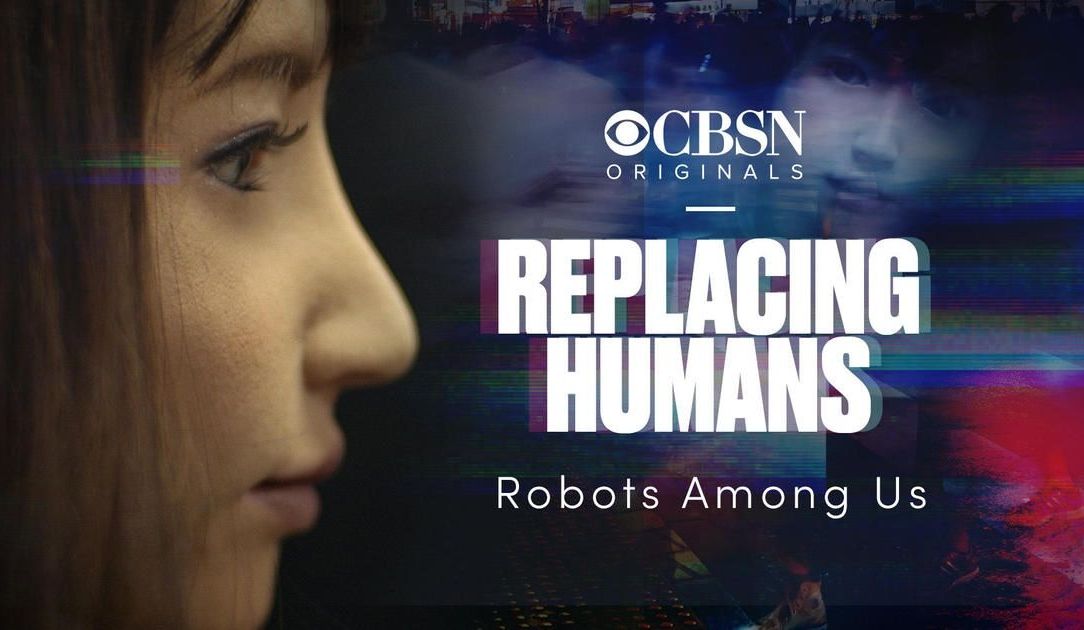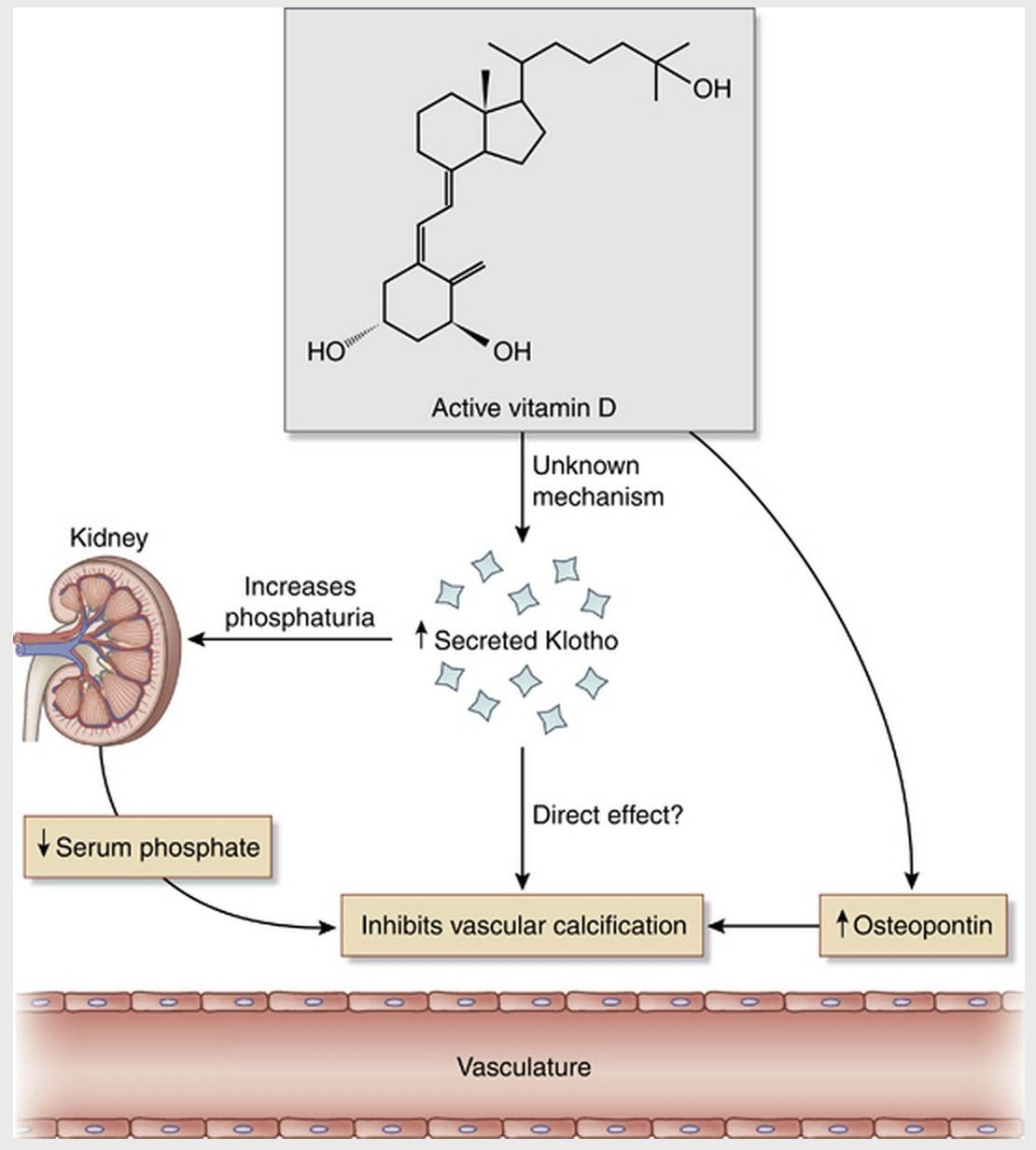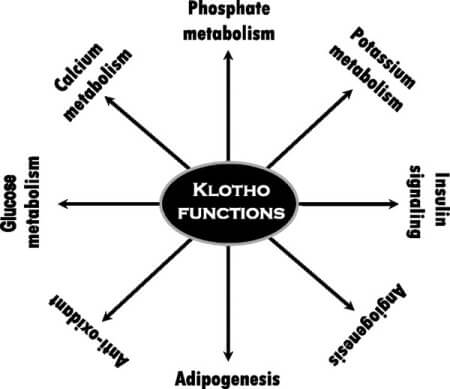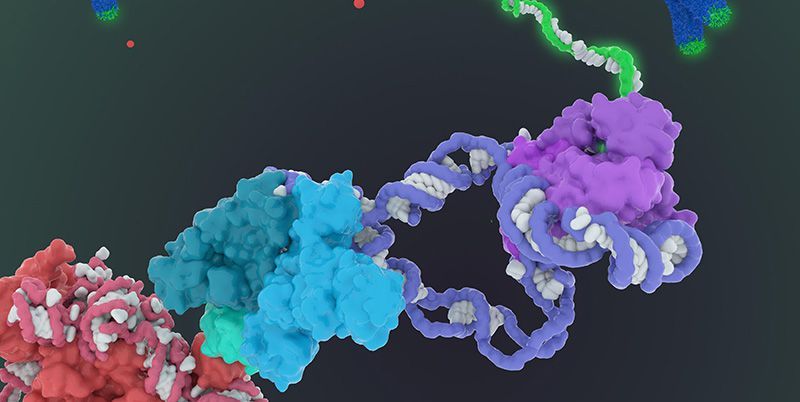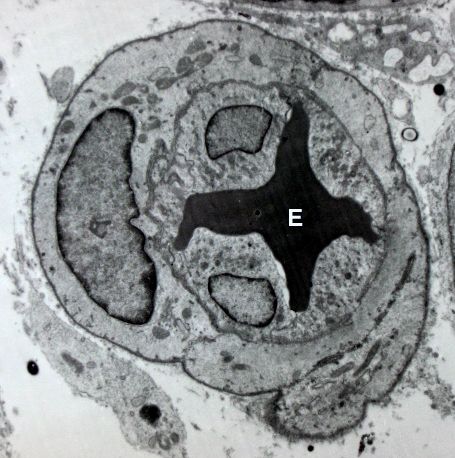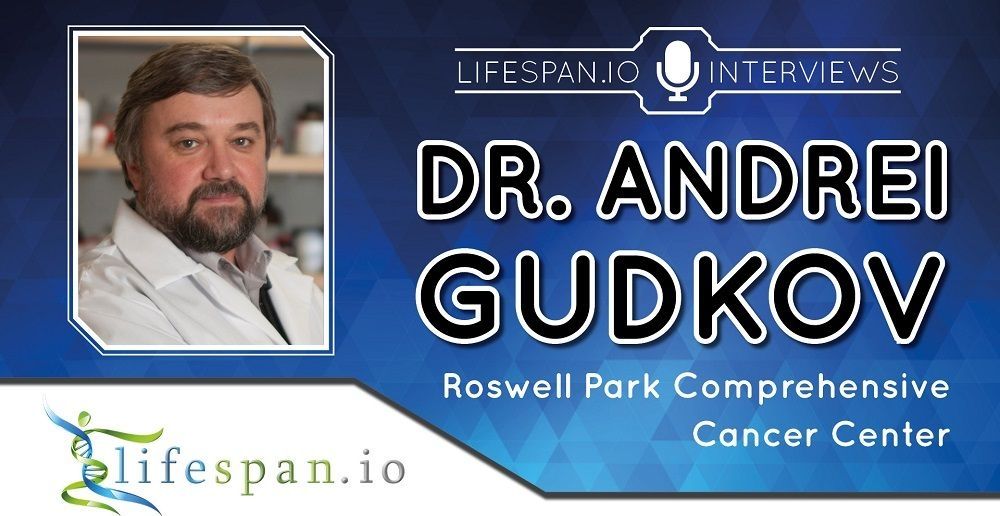As April ends and, at least in the Northern Hemisphere, summer approaches, let’s have a look at the progress of worldwide efforts to extend the summer of life.
Kazan 2018: Interventions to Extend Healthspan and Lifespan
The highlight of April was unquestionably the Interventions to Extend Healthspan and Lifespan Conference, which was held in Kazan, Russia on April 23–26. Featuring over 40 distinguished speakers from the field of aging research, this conference, which was the fifth in the series, included talks on epigenetics, genomics, metabolomics, aging biomarkers, bioinformatics, effective advocacy, and more. LEAF board director Elena Milova attended the event and had the chance to interview several of the experts present, such as Dr. Andrei Gudkov and Professor David Gems. We will publish more interviews of these speakers in the coming weeks, so stay tuned!



